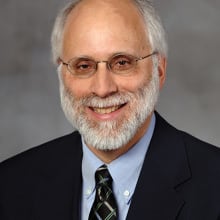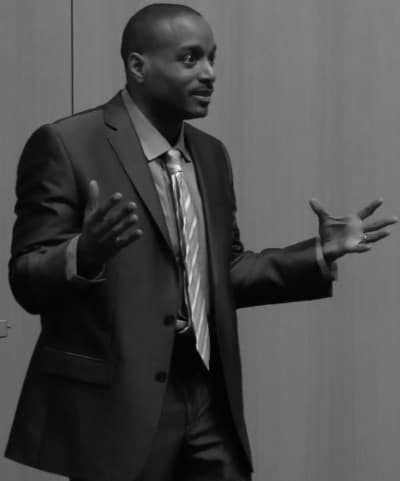

Alarmist concerns about public schooling have been expressed for over a century. While not entirely new, we are witnessing now the bull’s-eye of discontent being placed on schools of education.
The most recent example came from state Sen. Philip Berger in comments to the Best NC organization: “The truth is we either need to fix our schools of education in North Carolina or scrap them in favor of new and different approaches to teacher preparation.”
Left unclear are the reasons that education schools need “fixing” and what “new and different approaches” would improve teacher preparation.
There is always room for improvement, in schools and in teacher education programs. It would be helpful if those making suggestions had a comprehensive knowledge of (let alone experience in) the programs under scrutiny. Here are five basic understandings of teaching and teacher education that critics might consider:
1. Teaching is complex professional work.
This is particularly the case now because of the dramatic increase in the diversity and inclusiveness of our schools and the growing emphasis on standards and accountability. There is so much for teachers to know about in order to teach well. The search for simple solutions, whether it involves teacher merit pay, changes in tenure laws, vouchers or whatever, belies the truly complicated and intense nature of everyday teaching.
2. Teacher education is necessarily limited.
This is the case in terms of the actual amount of time students spend in teacher education programs as well as their students’ almost complete lack of experience “on the other side of the desk” and lack of exposure to communities and cultures other than their own. Teacher education programs can work to help their students be successful in K-12 classrooms, but there is much to be studied and practiced and relatively little time to do so. In addition, teacher educators are limited in that schools and classroom teachers do not always (or have to) adopt their suggestions. There has been much research on how the university experience is “washed out” by the K-12 school culture.
3. Good teaching is at its best a continuing lifelong learning experience.
To hold schools of education accountable for all that goes on in schools is to ignore the extent to which teachers must continue to learn on the job, e.g., regarding content knowledge, children, cultural communities, approaches to teaching and assessment, technologies, school policies, etc. Given rapid changes in today’s world, we should not expect anything less from teachers. Rather than threatening to close long-standing schools of education, we should promote schools as centers of inquiry that, in collaboration with education schools, support teachers in their continued learning.
4. Teachers teach who they are.
More powerful than lessons on the three R’s, teachers serve everyday as role models for the important and the unimportant, for the good and the bad, for the joyful and the sorrowful. The extraordinary nature of such a responsibility suggests the need for a teacher education experience that is more personal, reflective, and comprehensive than the common portrayal of teacher “training,” which seems to assume that all we need to do is narrowly transmit basic competencies, perhaps in an intensive five-week program. It also points to the need to attract the most highly qualified individuals to the profession, with better work conditions, more competitive salaries, and increased professional development opportunities.
5. Context is crucial.
To consider reforming schools or eliminating schools of education, it is crucial not just to look inward at their policies and practices but “outward” toward the political, economic and cultural elements that are constituent aspects of them. It is simplistic to suggest that K-12 student achievement scores = teacher performance = effectiveness of teacher preparation, with little or no consideration to the intervening variables, including the contexts in which teachers and teacher educators work and their students live. During his 2010 State of the Union address, President Obama stated that “in the 21st century, one of the best anti-poverty programs is a world-class education.” I would suggest instead that one of the best ways to achieve a world-class education system is to have the best possible anti-poverty programs.
Placing blame on schools of education with limited awareness of what they (can) do is not helpful in pursuing our shared goal of fostering excellence in teaching and learning. We should instead work together to find the best ways possible to prepare education students for the challenges ahead, crucial challenges involving not simply making a better widget but in essence helping to create a better, more educated, equitable, healthier and safer world.
This op-ed was originally published in the News & Observer as “What needs fixing isn’t teacher education programs – it’s poverty” on November 21, 2015. It was adapted from a chapter Teitelbaum wrote for his co-edited book, School Reform Critics: The Struggle for Democratic Schooling (Peter Lang, 2014).




